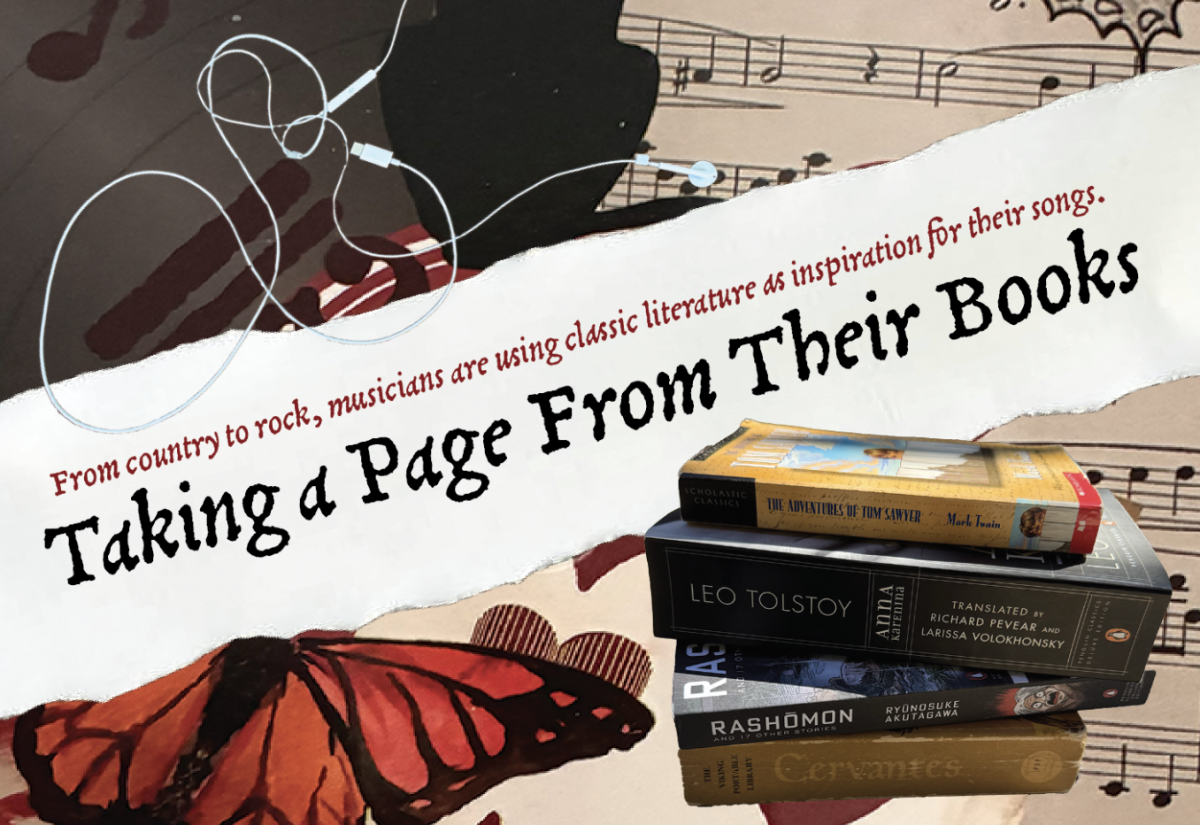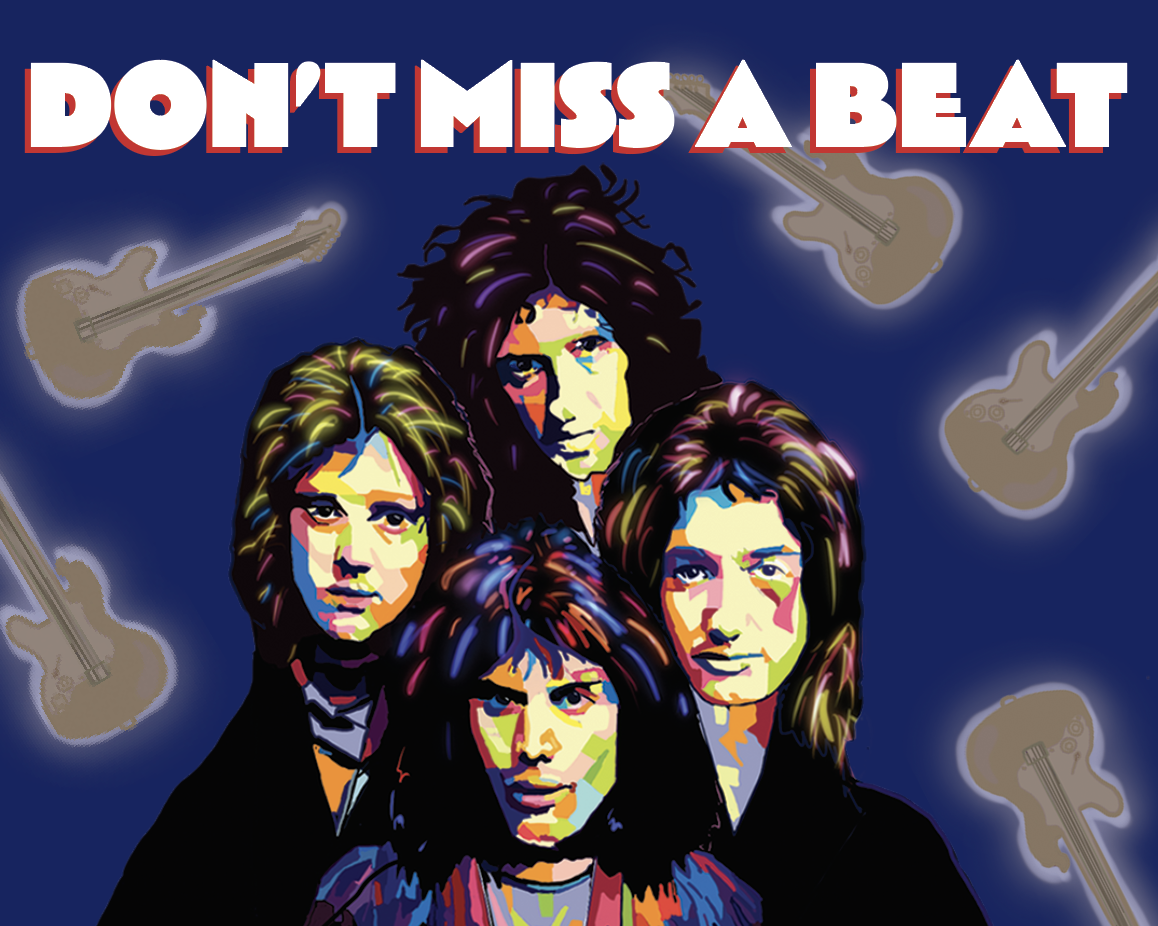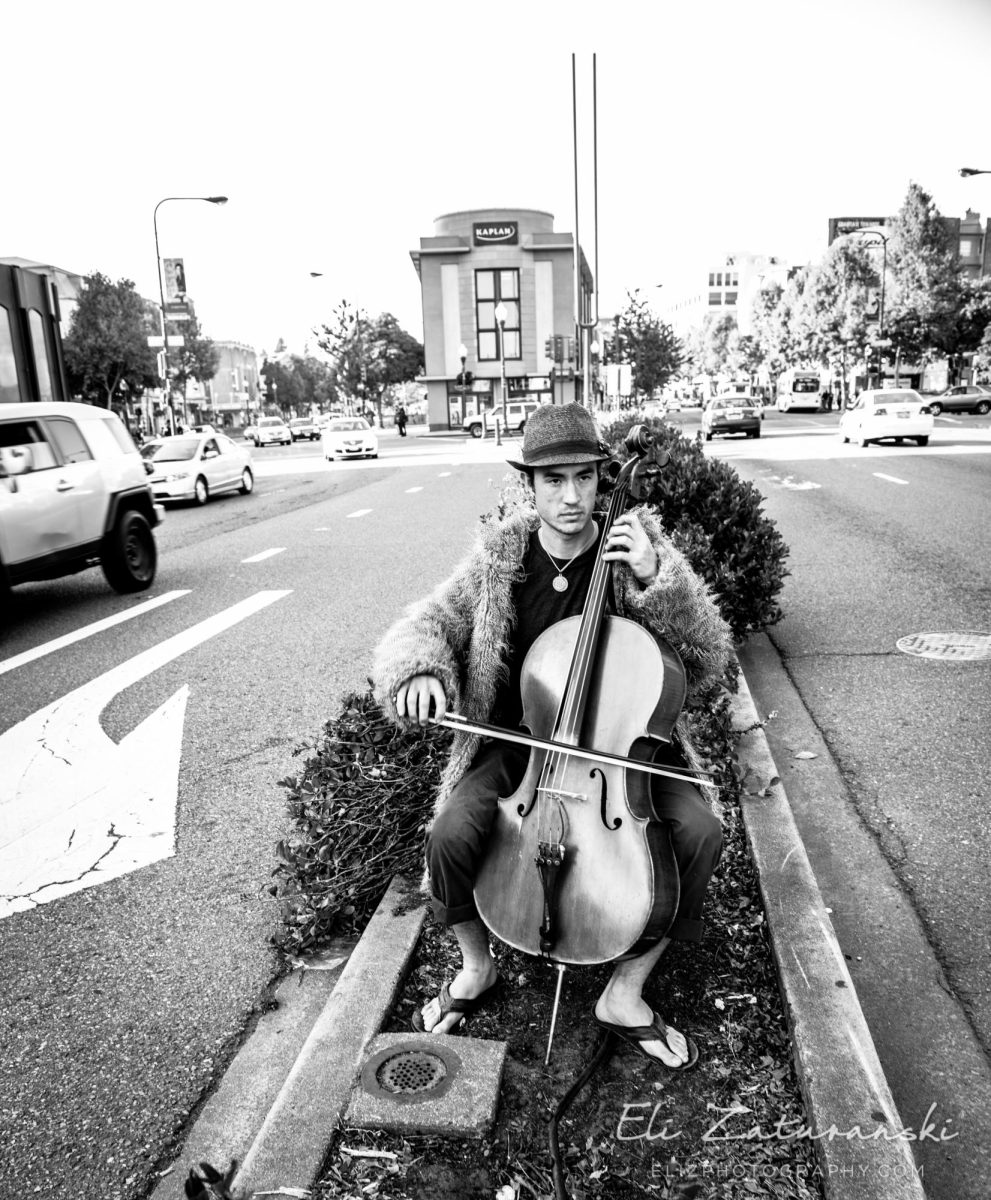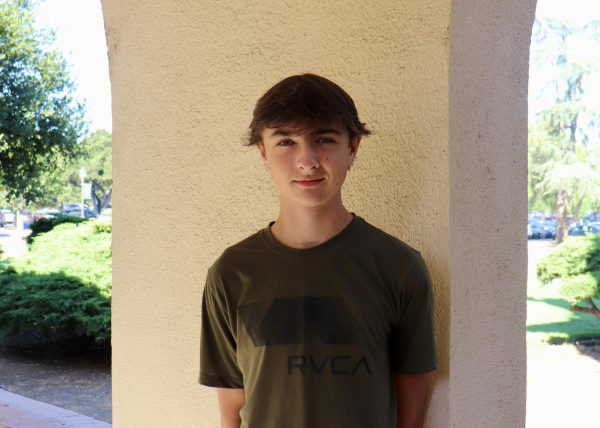In the ever-evolving realm of music, artists constantly undergo reinvention as they develop their styles and transition through genres during their careers. This trend of constantly evolving one’s musical style is due to each artist’s personal growth and pressures to keep up with the dynamic shifts in the industry.
As artists navigate their careers, social media can introduce unprecedented scrutiny and fan expectations, amplifying both the pressure to innovate, and the challenge to stay authentic, in a world dominated by so many different voices.
“As you grow you also try to stay authentic because when you’re influenced by the world around you, sometimes you miss out on parts of yourself,” Caleb Chan, Paly Class of 2023 graduate, said.
Popular music is constantly splitting into different sub-genres. The world of music has experienced the rise and fall of happy, upbeat pop songs from the early 2000s. Rap music’s popularity has also risen as popular artists such as Drake and Travis Scott pave the way for contemporary rappers.
The fusion of musical genres has become increasingly common. However, the desire for artists to create what’s popular, instead of what they want to create, is a common issue.
As a small music artist, Chan struggles with this problem., He has had a lot of trial and error regarding what he should put out.
“There are few artists that stay true to what they want to produce, and generally stray away from conventionally weird things,” Chan said. “I want to be true to myself, but at the end of the day, it is a business and has to be catered toward my audience just like any other business, even if I don’t want it to be.”
With the rise of social media, artists have direct access to fans’ opinions and critiques surrounding new releases. This adds additional pressure for musicians to be constantly reinventing themselves to stay interesting and relevant.
“In the past, I feel like it was very different when artists didn’t have social media,” Paly Junior Ella Huang said. “There wasn’t that instant sense of feedback or gratification, now it’s just so out there and they are much more exposed.”
Many artists struggle to create something original and unique under the pressure of following music trends. This causes lots of music to become very repetitive and no longer a true representation of the artist’s sound, as their goal is now to appeal to a larger and less niche audience.
“I want to be true to myself, but at the end of the day, it is a business and it is catered towards your audience just like every other business, Chan said. “Unfortunately, that’s how it is in music.”
When Chan first started making music, he found it was more difficult than he expected to create something so personal, but also influenced by those around him. However, he found that inspiration could come from others in the industry.
“Back then, most of my music was similar style-wise and lyrically to my favorite artists at the time,” Chan said. “From there, I could branch off and experiment with the styles that I resonated with.”
Paly sophomore Scarlett Frick listens to music daily, so she has followed many artists as they have grown throughout their careers.
“I feel like a lot of artists will be strategic in the way they release music or change their music genre to appeal in a certain way to their fanbase,” Frick said.
The constant need to appeal to fans can cause artists to end up creating songs that may be trending at the moment but stray away from timeless music that people will listen to for many years.
Miley Cyrus, mentioned by Frick, is a classic example of an artist who has changed significantly throughout their career.
“When she was younger she grew up on Disney Channel, with a lot of her father’s influence too, so she was very country and innocent,” Frick said. “Then as she grew up, she kind of evolved more into a pop and rock phase.”
The evolution of Cyrus’ career shows how artists’ first music can be drastically different from their most recent material. Being in her early 30’s, she is still young and her music will likely change as she continues to create. Cyrus exemplifies the idea that music follows a parallel path of maturity as her fans and herself grow up.
However, this might not be the path that others want to follow. For smaller artists with more niche listeners, a bigger change could prove more of a risk that is hurtful instead of helpful.
“Sometimes they could be afraid that if they have too big of a change the audience will be disinterested or not like the change,” Huang said “If their listeners are fans because of their previous music, changing too much can make them not interested anymore.”
Even so, many artists with the most successful careers have kept their fans enticed by mixing it up. Artists who have had extreme success changing their music include household names such as Taylor Swift, Drake, Miley Cyrus, Bob Dylan and The Beatles.
“I started listening to Taylor when I was very young, and at that point she was producing more country music,” Huang said. “As I grew up, I listened as her music gradually transitioned more into pop, and then over COVID, she transitioned more into a folk singer. I actually enjoyed the change as I was able to relate a lot more with her newer songs.”
The ability to have a direct relationship with your fanbase is crucial for artists, as they can have a great impact on the lives of fans across the world which is a huge aspect of motivation for many artists.
Through social media, concerts, and other events, fans can show their support and contribute to the success of an artist. Paly Class of 2023 graduate, Drew Ozgen, has been able to show his support towards his favorite artists while contributing towards healthy social norms in the music industry.
“I have been able to support many of my favorite artists by attending their concerts, such as Drake, Tyler The Creator, and Travis Scott,” Ozgen Said. “Seeing them perform live and the atmosphere they create for each venue has allowed me to understand the unique fanbase and artistic creativity each artist has.”
Ozgen has followed the careers of many artists and has been able to see their change in artistic preference, fans, venues, and how they deal with the pressures of society. As artists continue to enter the music industry, the challenge of social prevalence and unwanted attention can be hard to escape.
“I have seen firsthand artists get trash thrown at them and yelled at while performing,” Ozgen said. “I think people expect a lot out of artists when they are performing and to see fans treat them so disgracefully can be hard to see.”
From small creators to global superstars, artists navigate complex expectations, trends, and pressures, all while striving to maintain authenticity and artistic integrity.
“Musical fluctuations aren’t necessarily a bad thing,” Frick said. “If anything, it’s helpful to the artist. If it reflects their personal growth and change in maturity, then it allows for them to have a sound that is more authentic to themselves.”









